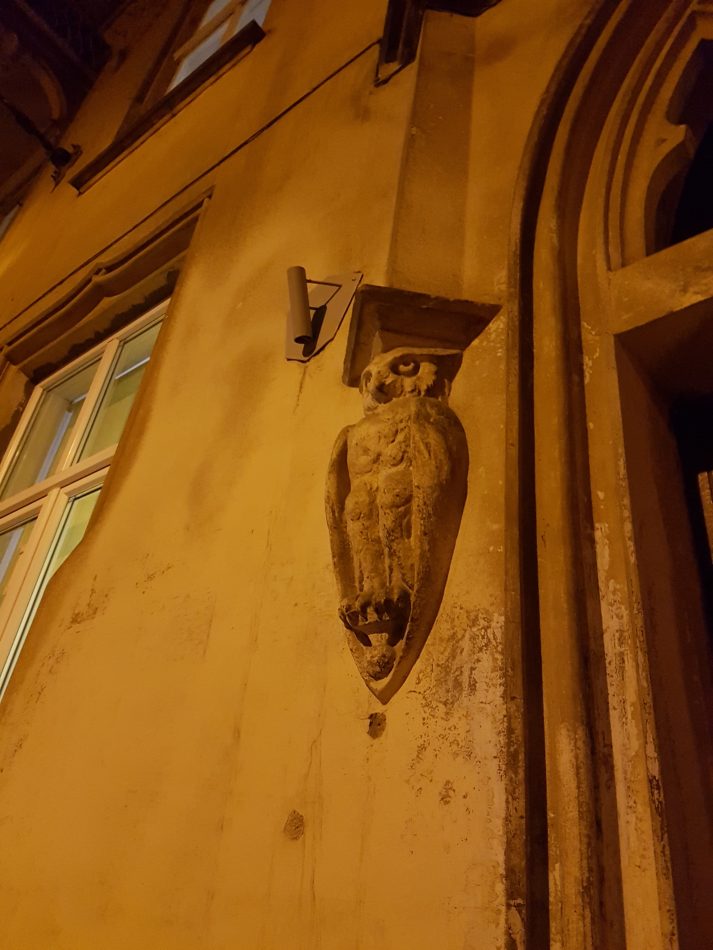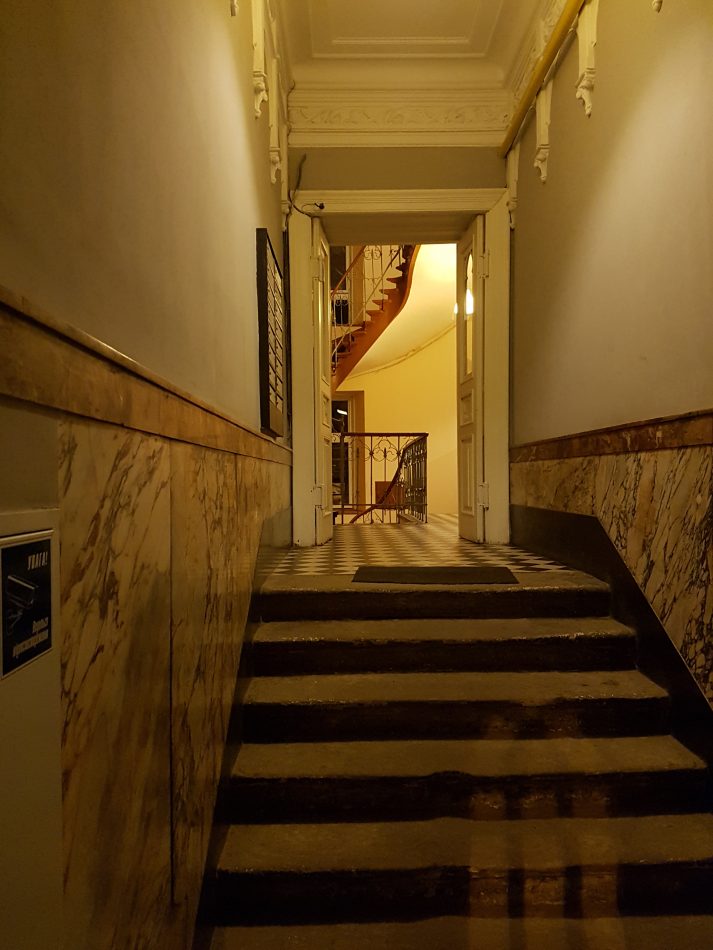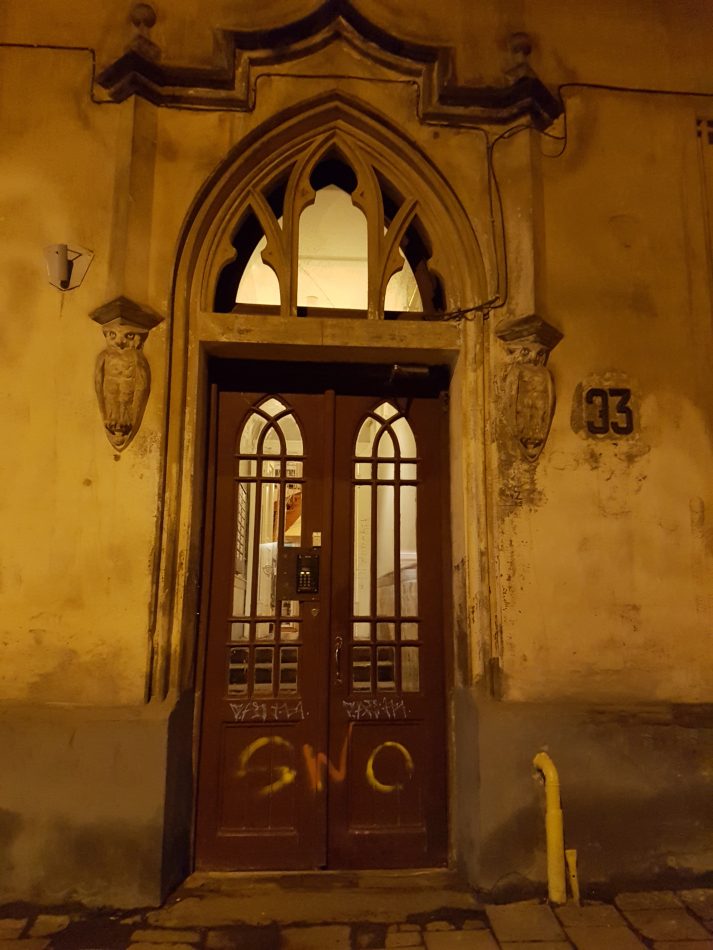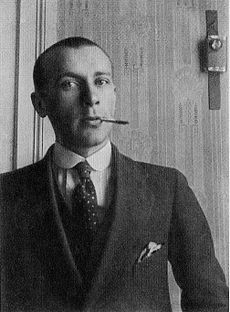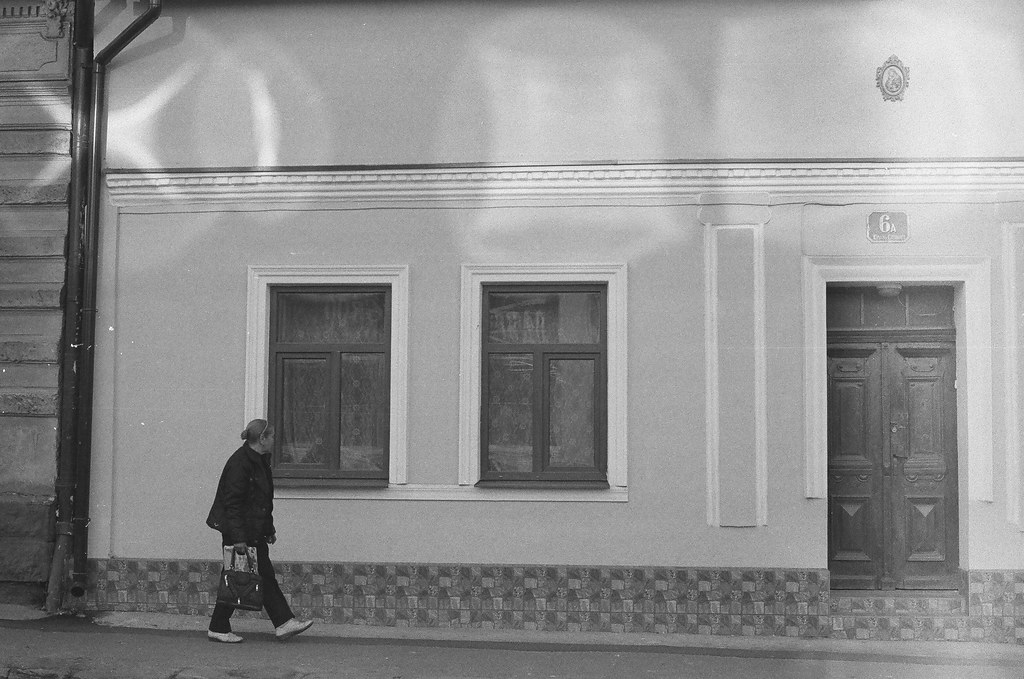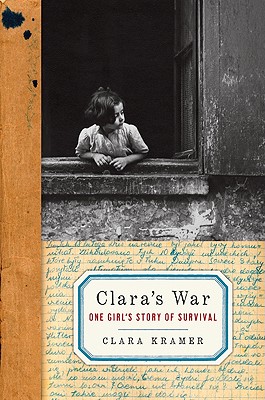Vi hjälper inte Ukraina med att ljuga
Category: by sophie engström, krönika, ukraina
Tags: Barnens hopp, Margit Richert, svensk inrikespolitik, Ukraina
Jag bor i Ukraina. Det kommer ju inte som en nyhet för dig som ofta läser min blogg. Att bo i Ukraina betyder att jag dagligen måste konfronteras med saker som, om de återges i text, inte ger en vidare positiv bild av Ukraina. Det handlar om allt från många människors usla livssituation, till påstådd korruption eller bara hemska berättelserna om vad som händer i det här landet.
När jag då försöker återge det jag ser är det inte helt ovanligt att några tar det som kritisk av landet. Men det är en helt felaktig slutsats. Min kärlek till Ukraina är innerlig och orubblig. Jag kommer alltid att hysa största respekt för det folk jag delar landområde med. Alla och envar av de jag möter respekterar jag, även om den inte alltid är ömsesidig. Jag har en tilltro till att det kan bli bättre här, trots att jag ser att så många är allt annat än nöjda. De kan till och med karaktäriseras som missnöjda. Eller förbannade.
När jag lyfter frågor med de problem som finns här, är inte min avsikt att misskreditera ukrainarna eller ukraina. Min avsikt är helt den motsatta. Jag vill att andra ska få möjlighet att förstå. Genon insikt kan de hjälpa. Genom att förstå Ukraina blir man viktig kontaktyta mellan våra länder.
Men ibland är det mycket svårt att få svenskar att förstå. Det är främst de gånger då jag möter sådana som vill framhålla Sverige som ett mardrömslikt land som står inför någon slags apokalyptisk undergång. Och det är när de försöker framhålla Ukraina som något slags föredöme, som jag reagerar. Senast jag hamnade i en sådan diskussion var när någon retat upp sig på skribenten Margit Richert. I en intervju i Expressen påpekade hon att det var befängt att tala om systemkollaps i Sverige. Jämförelsen hon gjorde var med Ukraina. I Ukraina är det långt värre, tolkar jag hennes uttalande. Ingenting i hennes uttalande pekade på att hon tyckte Ukraina var ett dåligt land, med dåliga människor. Jag tror att hon istället påpekade att situationen i Sverige ändå är under kontroll, emedan Ukraina har ett krig i de östra delarna och en mycket svår situation för många av dess invånare. Ord som systemkollaps i Sverige är således våldsamt överdrivna. Och samtidigt en skymf mot dem som verkligen har det svårt.
Jag tänker dagligen på alla de barn som lever i en ohygglig misär. Barnens hopp i södra Ukraina gör ett viktigt arbete för att belysa deras situation, samt att hjälpa de i yttersta nöd. Det går inte heller många timmar i Lviv utan att jag ser en arm pensionär som be om allmosor. Det är den verklighet de tvingas leva i. Jag vore en synnerligen egoistisk person om jag inte led med dem. Min förhoppning är att jag genom min närvaro kan bidra med att skapa kunskap om Ukraina, samtidigt som jag genom min yrkesroll kan bidra till att ge kunskap om hur Sverige fungerar.
Därför blir jag så ursinnigt förbaskad, när någon i den svenska folkhemsidyllen sitter och gnyr om att Sverige är ett uselt land, och att Ukraina är så vansinnigt mycket bättre. Det är ett direkt slag i ansiktet på dem som har det riktigt hemskt. Dessa människor blir inte gladare, mättare, får tak över huvudet eller får en säkrare tillvaro av att någon ljuger för dem.
Jag älskar Ukraina, och tycker att dess folk förtjänar ett mycket bättre öde, än att omhuldas av bortskämda gnällspikar som aldrig fått känna vad det betyder att leva utan trygghet.
Vi, som på ett oegoistiskt vis älskar Ukraina, kan se att det finns mycket gott i folket, men vi gör dem en otjänst om vi tror att vi hjälper dem med att låtsas som om allt är frid och fröjd. Vi hjälper dem med att ge dem framtidsutsikter. Vi hjälper dem att få kraft att arbeta sig genom alla de stora hinder som finns för att skapa ett tryggare land. Det är det som är vår uppgift.

Det byggs nytt i Ukraina. En svår process, men där vi kan hjälpa med att stödja.


